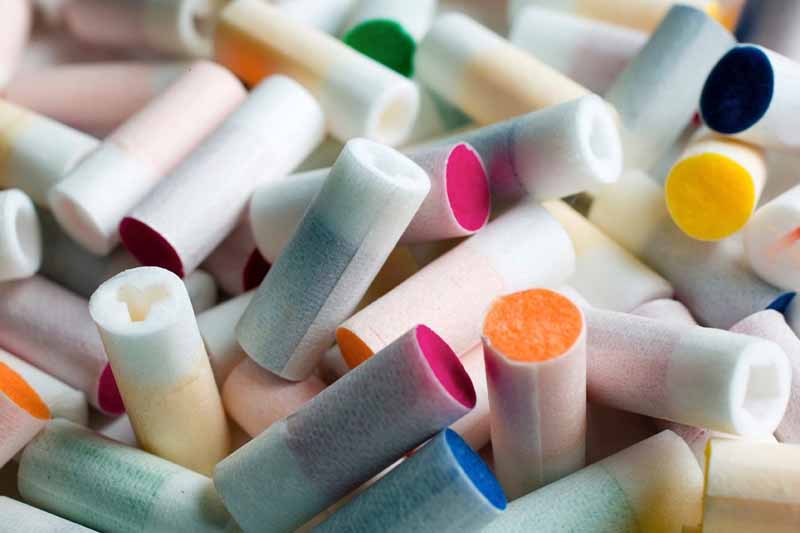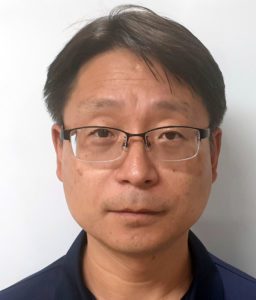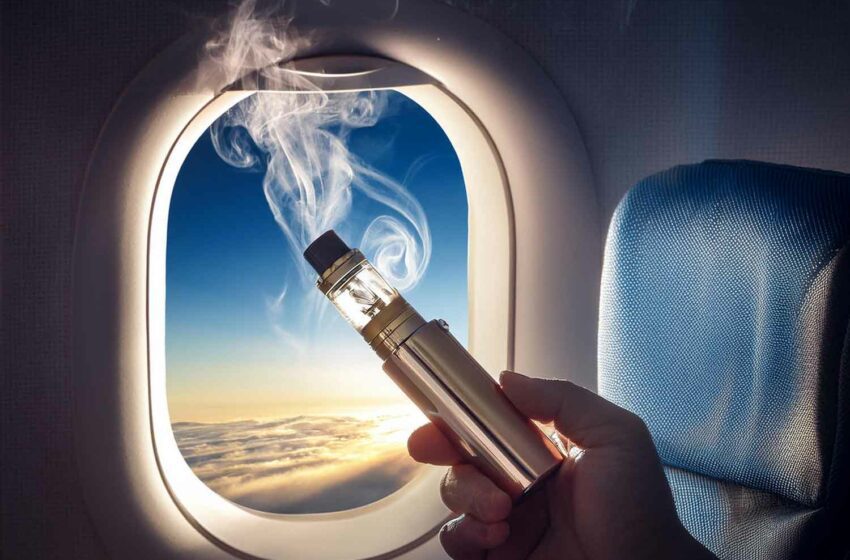
Filter manufacturers consider their strategies in an increasingly challenging environment.
By Stefanie Rossel
In October last year, Essentra fueled speculation about the future of its filter business: The Singapore-based company, which manufactures plastic caps, work-holding clamps, fasteners and knobs, said it was studying strategic options for two of its three divisions, cigarette filters and packaging, in an attempt to become a “pure play” components business over time. The review is expected to conclude by the end of June 2022 at the earliest. Since the announcement, the company has appointed several new people to key positions, including Robert Pye as Essentra Filters’ managing director.

“A strategic review normally covers the full range of strategic options for a business, i.e., the best structure for that business to reach its full potential and deliver value for shareholders,” explains Seng Keong Low (SK), global marketing manager at Essentra Filters. “These reviews can include a number of potential outcomes including sale, demerger and other outcomes. We don’t yet know what the outcome of the filters review will be, and no decisions have been made regarding any of the divisions. The filters business will still be in operation, just that it may or may not be under the banner of Essentra pending the outcome of the strategic review. The most recent appointments to the global filters leadership team are longtime filters leaders, which were decided before the announcement of the strategic review.”
According to the company’s 2021 pre-close trading update, the filter division performed well in the fourth quarter of 2021, with revenue up 22.3 percent during that period. “The division continues to benefit from higher volumes from outsourcing contracts and a strong performance in Europe,” the update said. “Further progress has been made in the delivery of its ‘game changers’ with the China joint venture continuing to gain momentum after successful commencement in June. Our range of proprietary eco and heated-tobacco products continue to attract increased interest. The number of projects underway continues to grow.”
At the end of 2019, Essentra announced the establishment of a joint venture in China, China Tobacco Essentra (Xiamen) Filters, which launched in June 2021. Shareholders in the joint venture are Essentra with 49 percent, China Tobacco Fujian Industrial Co. with 21 percent, and three Chinese investment management companies holding ten percent each. The JV manufactures specialist and next-generation filters locally at a new facility in Xiamen in Fujian province.
Tackling Logistics
While awaiting the outcome of Essentra’s strategy review, filter manufacturers must navigate the ongoing global logistics crisis, which has led to a shortage of shipping containers, significant in freight rate hikes and delays in the supply chain. “We have been working closely with all partners covering long-term plans that required more accuracy than before,” says Hyunyoung Park, sales and business development manager at Taeyoung Industry Corp. in South Korea. “Nevertheless, other activities, such as keeping a high level of stock or production capacity build-up, can help to mitigate the delivery issue. However, it is affecting factory operation severely.”
Essentra says it is experiencing extended lead times on deliveries from many suppliers. “To ensure supply continuity, we are working several BCP (business continuity planning) plans, e.g., holding more safety stocks, working on finding more local solutions, etc.,” says SK. “To minimize supply disruption and delay to our customers, we are doing additional pre-build where possible, making advance bookings for deliveries and driving more end-to-end synchronization of our materials planning with finished goods delivery.”
 In addition to supply chain challenges, the price of raw materials, including wood, has risen significantly due to the Covid-19 pandemic. Wood, of course, is the basis of cellulose acetate tow used in cigarette filter production. “We have seen increases across our raw materials as well as other commodities, from packaging materials to spare parts,” says SK. “The increase in wood prices has affected our plug wrap suppliers, acetate tow suppliers, packaging and pallet suppliers. We are also seeing significant increases in power prices.” Because of these developments, Essentra Filters had to raise prices in 2021. “We have to find the right balance in accepting and passing on any price increases and constantly evaluate our positions with both suppliers and customers given any potential changes in the pandemic situation around the world,” says SK.
In addition to supply chain challenges, the price of raw materials, including wood, has risen significantly due to the Covid-19 pandemic. Wood, of course, is the basis of cellulose acetate tow used in cigarette filter production. “We have seen increases across our raw materials as well as other commodities, from packaging materials to spare parts,” says SK. “The increase in wood prices has affected our plug wrap suppliers, acetate tow suppliers, packaging and pallet suppliers. We are also seeing significant increases in power prices.” Because of these developments, Essentra Filters had to raise prices in 2021. “We have to find the right balance in accepting and passing on any price increases and constantly evaluate our positions with both suppliers and customers given any potential changes in the pandemic situation around the world,” says SK.
Park has also observed an impact on prices due to the logistic and raw material situation. “Raw material price is affecting not only our factory operation but [those of] other manufacturers as well. However, the cost of logistics is underlying geographical influences, which made it difficult for the export business and increased chances to find alternative suppliers for cost saving or minimizing cost impact, and these activities will concern all manufacturers involved in the cigarette business except major players.”
Growing Importance
Another theme affecting the filter sector is sustainability. In July 2021, more parts of the European Union’s Single-Use Plastics Directive entered into force. While cigarette butts have been exempted from the rules for the time being, a provisional agreement in the legislative process seeks to further encourage innovation in the development of sustainable alternatives to plastic-containing tobacco filters through the introduction of extended producer responsibility (EPR).
EU member states have until Dec. 5, 2023, to set up EPR schemes for tobacco filters, but to date, there is no implementation guidance for member states. Since July 3, 2021, all packs of filtered tobacco products in the EU have been required to display a pictogram against littering.
Legislators in other jurisdictions are considering similar measures. In February 2022, Californian lawmakers introduced a bill that would ban the sale of single-use cigarette filters and vapor products. Under the bill, sellers would risk fines of $500 per violation, defined as the sale of one to 20 items. Ninety percent of the approximately 12 billion cigarettes sold in California each year are filtered. The state spends millions of dollars annually on cleaning up cigarette litter, according to proponents of the ban.
“Sustainability has always been important to us at Essentra Filters, and we have long had nonplastic filters in our product portfolio,” says SK. At the end of last year, the company added two new varieties to its sustainable filter range: the ECO Active Filter, a plastic-free alternative to active carbon acetate filters that is 100 percent biodegradable, and the ECO Flute Filter, a nonplastic alternative to the company’s Combined Performance Superior Filters. The design of the Flute Filter is customizable for length, circumference, pressure drop and flute length and can be combined with other filter segments. “Our new ECO range is currently the largest step change in our sustainability efforts, and with an increasing number of customers asking us about sustainable, nonplastic filters, we are confident that investing our innovative efforts in sustainability is the correct strategy,” says SK.
Park, who in a previous interview mentioned that Taeyoung’s research and development department was working on filter development with nonacetate tow and carrying out studies on the replacement of conventional filter materials, said that the company had made progress with that initiative. “However,” he added, “market feedback is more important for actualization. I believe this kind of development is continuing under rapidly changed business circumstances including environment, social, governance criteria.”












